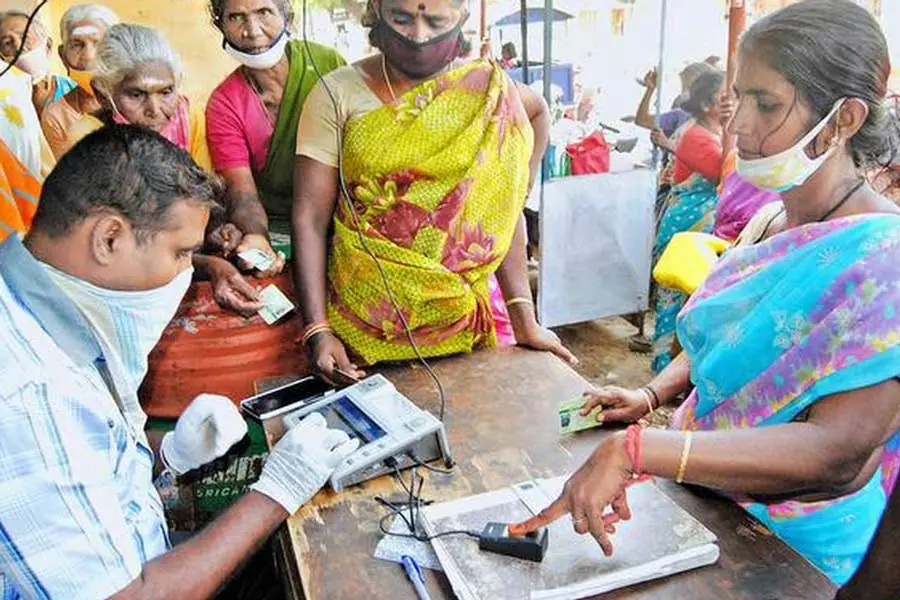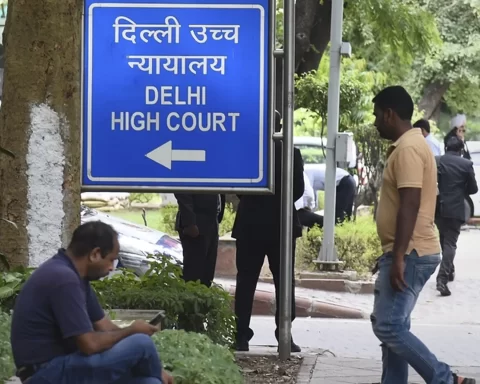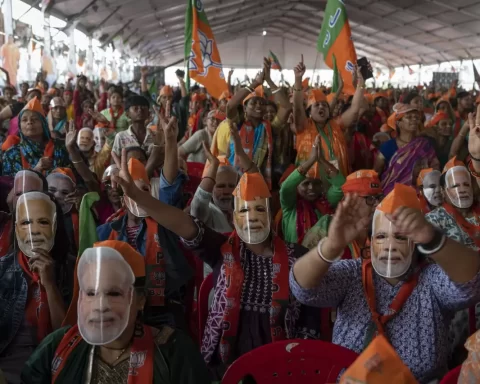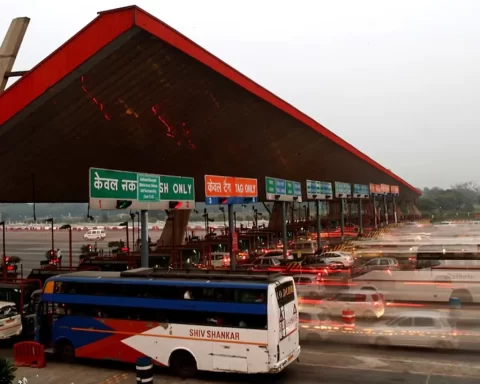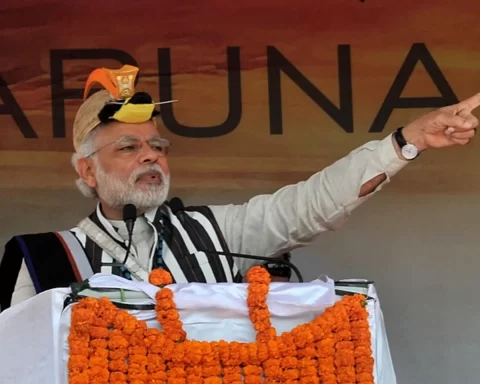Nov 6 (Reuters) – The extension of India’s free ration scheme will not have a major impact on the fiscal deficit in the financial years 2023/24 and 2024/25, an Indian government source said on Monday.
Prime Minister Narendra Modi said on Saturday that his government would extend a welfare scheme, which provides free grain to more than 800 million people and was due to end in December, by five years.
The move aims to shield consumers from the rising prices of cereals ahead of a general election early next year, but could lead to higher government spending and require New Delhi to procure more wheat and rice from farmers to sustain the scheme.
Before the extension, the free food grain program was estimated to cost the government around 2 trillion rupees ($24.04 billion) this year.
The costs would broadly remain the same, a second government official said, but added that an increase in grain prices could lead to limited additional spending for 2023/24 of between 50 billion to 70 billion rupees.
“Overall, the near-term fiscal and inflation impact of the free food grain scheme is manageable,” Nomura said in a note.
But, higher expenditure, including on rural employment guarantees, could affect the government’s FY24 fiscal deficit target of 5.9% of gross domestic product, Nomura added in the note.
($1 = 83.1850 Indian rupees)

